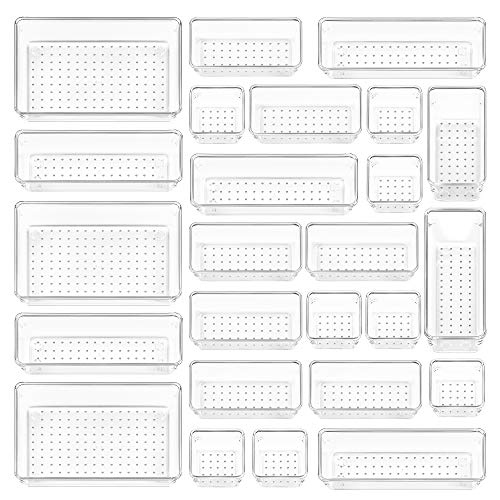Paula Begoun just posted this blog on Retinol.
Hopefully it should break down some of the confusion about My favourite skin care product.
Retinol For Younger Skin
Learn how retinol (Vitamin A) can really help your skin look and act younger!
Vitamin A, also called retinol, is a skin care ingredient to know. Unlike so many exotic sounding skin care ingredients, retinol's reputation is deserved. Research clearly shows that retinol in most of its forms is an effective cell-communicating ingredient (meaning it can tell skin cells to behave like healthy, younger skin cells), as well as an antioxidant that can interrupt free radical damage from such sources as sunlight and pollution.
A Retinol by Any Other Name…
The entire vitamin A molecule can be broken down into many smaller, more potent components, generally called retinoids—so the names that are somewhat interchangeable are vitamin A, retinol, and retinoids. Prescription retinoids contain retinoic acid (or tretinoin), the active ingredient in such medications as Renova and Retin-A. In contrast, retinol (which is the entire vitamin A molecule) is a cosmetic ingredient that any cosmetics company can utilize, and so it is widely available without a prescription. However, unlike tretinoin, retinol itself cannot benefit skin until it has been absorbed and broken down into retinoic acid. In order to do this, the retinol has to be both stable and able to penetrate skin—no small feat. Fortunately, there are many stable forms of retinol with plenty of impressive research regarding their efficacy. In addition to retinol, other effective forms include retinyl acetate, retinyl palmitate, retinylaldehyde, and many others. Yes, retinol's endless aliases are confusing, but here's what you need to know: all forms have similar functions and provide truly impressive benefits for skin, which explains their popularity in the world of skin care.
Does Retinol Do it All?
No single ingredient can take care of skin's complex needs on its own, and retinol, in any form, is no exception. Using retinol will not replace the need for a well-formulated sunscreen, alpha hydroxy acid or beta hydroxy acid product for exfoliation, gentle cleanser, and a serum or moisturizer loaded with antioxidants, other cell-communicating ingredients, and skin-identical substances.
In short, vitamin A should not be the only ingredient you look for in an antiaging skin care product; it's just one of many. Keeping skin healthy and young requires a combination of ingredients and products that work together to give your skin exactly what it needs. (For more details, see The 5 Things Your Anti-Wrinkle Product Must Contain). Together, all these various ingredients and product types combine to create a powerful skin-care routine.
The Retinol Rundown:
Here's what you need to know before shopping for a skin-care product with retinol:
•Only consider products in airtight, opaque packaging (no jars!) because all forms of vitamin A break down and deteriorate when repeatedly exposed to air or light.
•Retinol is known to cause irritation such as redness and flaking, especially for those new to using it, but symptoms should subside within a few days as your skin adjusts to regular use. If not, then you should stop using it. Not everyone can use vitamin A-based products.
•If you're new to using retinol, always start by using it every other day or mix it with your usual moisturizer first so that your skin can acclimate to it.
•Using well-formulated moisturizers or serums and using a gentle cleanser and toner will help your skin better tolerate retinol.
•Avoid cleansers or scrubs that contain retinol; the benefit would just be rinsed down the drain.
•Research shows that using a retinol product in conjunction with an AHA exfoliant significantly improves its effects for treating sun damaged skin.
•Exposure to sunlight can make retinol unstable, so it's best used at night or underneath a well-formulated sunscreen or foundation with sunscreen.
•Look for vitamin A listed as retinol, retinyl acetate, retinyl palmitate, retinylaldehyde, and other forms with similar names.



































